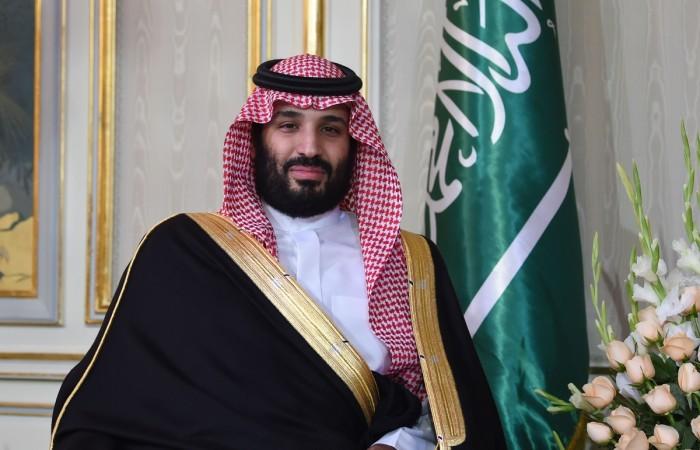
Saudi Arabia has executed 37 prisoners, a majority of them belonging to minority Shiite caste, in the largest mass execution since 2016. One of the headless bodies was tied to a pole to serve as a warning to people.
Over 100 people have already been executed this year under Saudi Crown Prince Mohammed bin Salman (MbS). The Specialised Criminal Court of Riyadh, which deals with terror-related cases, ordered the 37 executions after finding them guilty of threatening the unity and security of Saudi Arabia.
An official statement by the Kingdom's Interior ministry said, "The individuals were found guilty of attacking security installations with explosives, killing a number of security officers and cooperating with enemy organisations against the interests of the country."
Saudi Press Agency, the government's official agency, tweeted that the death penalty was implemented on a number of criminals for adopting extremist terrorist ideologies and forming terrorist cells to corrupt and disrupt security as well as spreading chaos and provoking sectarian strife.
Although the Saudi government refrained from giving detailed identifications of the people who were beheaded, a Sunni extremist militant, Khaled bin Abdel Karim al-Tuwaijri was reported to have been pinned to a pole with his severed head.
This is believed to be the largest execution ordered in a single day since January 2016 when 47 people were executed on the basis of terrorism-related charges.
Amnesty International lashes out
Human rights group Amnesty while hitting out at the Saudi Crown Prince's government said that the majority of those executed were convicted under "sham trials". It said that more shockingly, the families of those executed were not informed by the government, which is a great disregard to human rights. Amnesty also criticised the execution of a 16-year-old Shia boy, Abdul Kareem- al-Hawaj, which is illegal by the parameters of international law.
![[Representational image] Noose](https://data1.ibtimes.co.in/en/full/637647/noose.jpg?h=450&l=50&t=40)
Amnesty identified 34 out of the 37 people who were executed as belonging to the minority Islamic sect, Shia community, hailing from various cities such as Riyadh, Mecca, Medina and Asir.
Amnesty said that 11 of those beheaded were accused of spying for Iran and were given death penalty after "a grossly unfair trial". At least 14 others were framed under charges of carrying out violent demonstrations in Shiite dominated regions of the country, provoking sectarian clashes and attacking government offices.








